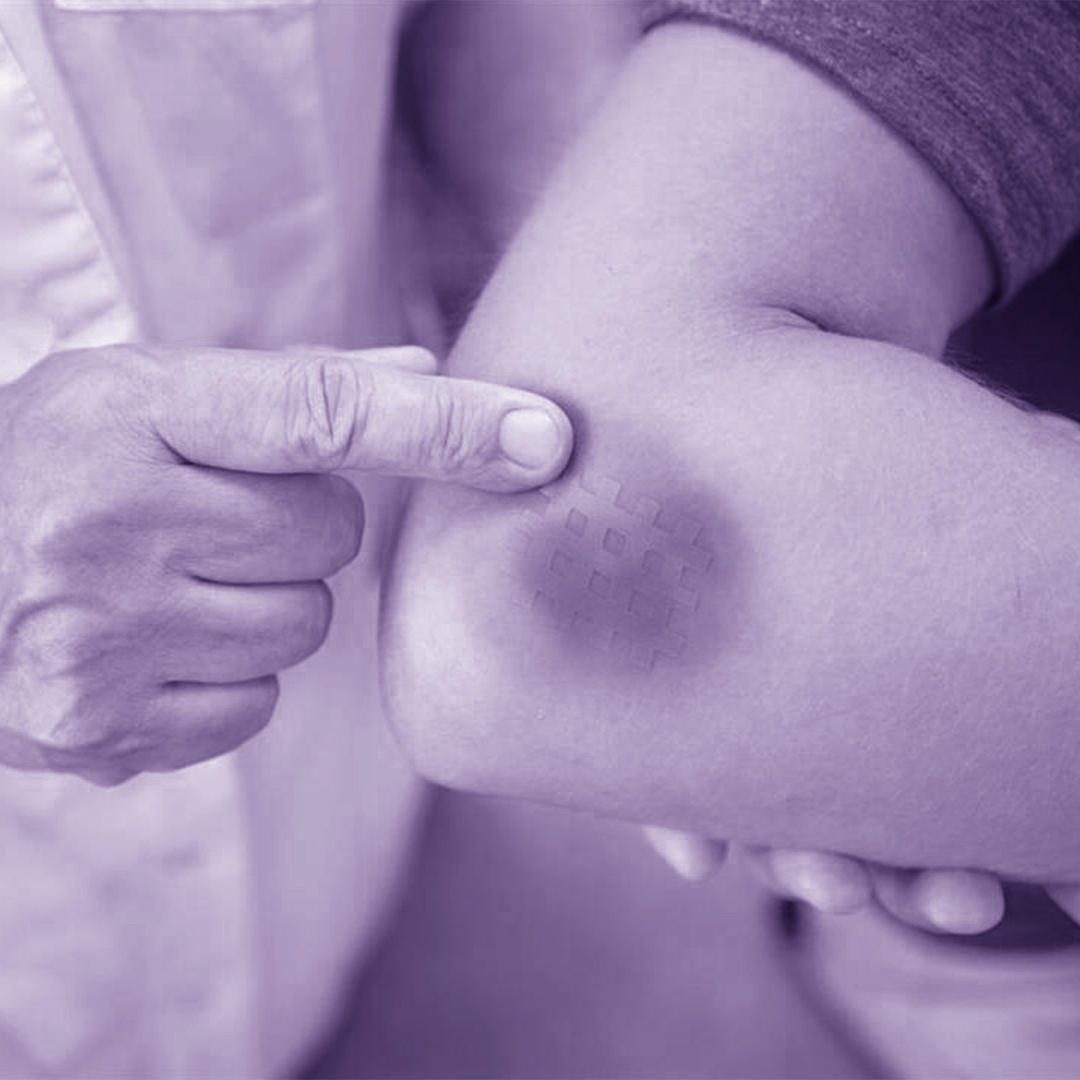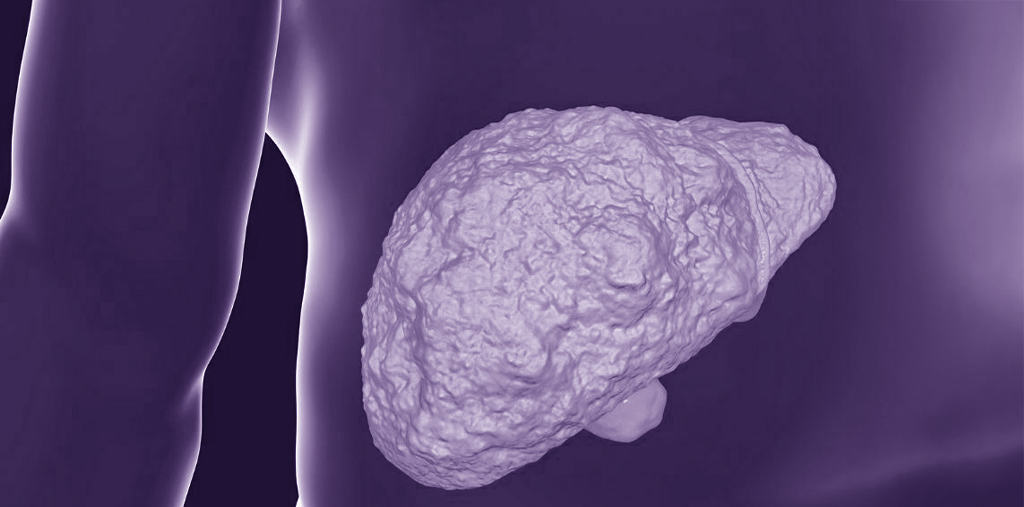Early Symptoms of Liver Cirrhosis
Early Symptoms of Liver Cirrhosis

What is Liver Cirrhosis?
Liver cirrhosis is a medical condition characterized by damage to the liver tissues and the formation of scar tissue. It occurs when healthy liver tissue is replaced by abnormal tissue due to various causes, severely affecting the liver's functions. Cirrhosis is considered a chronic disease that can lead to serious health complications.
Causes of Liver Cirrhosis
The causes of liver cirrhosis are numerous, including:
- Viral Hepatitis: Especially hepatitis B and C.
- Alcohol Consumption: Excessive use of alcohol can lead to liver cirrhosis.
- Non-Alcoholic Fatty Liver Disease: Fat accumulation in the liver due to obesity or diabetes.

Early Symptoms of Liver Cirrhosis
In the early stages, symptoms may not be apparent. However, as the condition progresses, some symptoms may emerge, including:
- Fatigue and exhaustion.
- Unexplained weight loss.
- Loss of appetite.
- Nausea
- Itchy skin.
How is Liver Cirrhosis Diagnosed?
The diagnosis of liver cirrhosis relies on a combination of clinical examinations and tests. The doctor will assess the symptoms and utilize the following tests:
- Laboratory Tests: To check liver function through blood analysis.
- Ultrasound Imaging: To evaluate the condition of the liver.
- Liver Biopsy: Can be used to determine the degree of cirrhosis.
- MRI or CT Scans: For more detailed imaging.
Complications of Liver Cirrhosis
Liver cirrhosis can lead to several serious complications, including:
- Liver Failure: When the liver loses its ability to function properly.
- Liver Cancer: Cirrhosis increases the risk of developing liver cancer.
- Fluid Accumulation: In the abdomen or limbs.
- Portal Hypertension: Leading to circulatory problems.
When to See a Doctor?
You should see a doctor if you experience symptoms such as:
- Jaundice (yellowing of the skin and eyes).
- Abdominal swelling.
- Unexplained bleeding.
- Changes in consciousness or focus.
How to Prevent Liver Cirrhosis?
Liver cirrhosis can be prevented through:
- Avoiding Alcohol: Or reducing its consumption.
- Maintaining a Healthy Weight: Through a balanced diet and exercise.
- Getting Vaccinated: Against hepatitis.
- Avoiding Toxic Substances: And refraining from taking medications without medical consultation.
Frequently Asked Questions
Does liver cirrhosis cause pain?
- Yes, liver cirrhosis can cause abdominal pain or a feeling of pressure in the liver area.
How do I know if I have liver problems?
- If you experience symptoms such as severe fatigue, weight loss, nausea, or jaundice, you should consult a doctor.
Is liver cirrhosis curable?
- Cirrhosis is a condition that cannot be fully cured, but it can be managed, and quality of life can be improved through a healthy lifestyle and appropriate treatment.
